ISDB Information Booklet (october 2008)
Background
The International Society of Drug Bulletins (ISDB) is a world wide network of bulletins and journals on drugs and therapeutics that are financially and intellectually independent of pharmaceutical industry. It was founded in 1986, with the support of the WHO Regional Office for Europe.
The rationale for the Society is that drug bulletins independent of funding from industry experience problems not faced by editors and publishers of other journals.
Membership
The main requirements for membership are editorial and financial independence, and the quality of the information published. ISDB has two categories of members: full members who meet all membership requirements as set out in the Constitution; and associate members. Associated members are institutions or individuals who do not meet all criteria for membership, but who are sympathetic to the aims of the Society.
Aims
The overall aim of ISDB is to encourage and assist the development of independent drug bulletins in all countries and to facilitate co-operation amongst them.
ISDB’s priorities are:
- to help all independent drug bulletins achieve the highest professional standards,
- to support the development of new drug bulletins,
- to identify independent drug bulletins that are not part of the ISDB network and develop a relationship with them,
- to encourage members to help health professionals communicate more effectively with consumers,
- to work with producers of formularies and people in drug information centres,
- to campaign for drug regulatory authorities to serve public health first and foremost, and
- to campaign for an independent WHO, ie independent of funding from the pharmaceutical industry.
Work of the Society
ISDB holds a General Assembly every three years which provides an excellent forum for members to meet and exchange information. In addition, this allows ISDB members to meet with other attendees, such as producers of formularies, people in drug information centres and other publishers of independent drug and therapeutic information that are not already part of the ISDB network.
To help independent drugs bulletins achieve high professional standards, ISDB organises regional workshops where people working on long established bulletins can share their experience with those starting new ones. Such meetings have been held in Algeria, Hungary, Italy, Japan, Philippines, Italy, Holland and Spain.
To support the development of new drug bulletins, ISDB members also host visits from editors starting up new bulletins to help them gain experience.
ISDB publishes Newsletters which are distributed free to all members and recognised corespondents. This newsletter serves:
- to keep members and associated members informed of current editorial standards for the development of articles and information,
- to keep members and associated members informed of current issues and activities, and
- to facilitate communication between members.
Through its meetings, workshops and newsletters, ISDB also encourages and facilitates discussion on sources of information, organisational structure, ways that bulletins can help health professionals communicate more effectively with consumers, financial support for member bulletins, and any other support for bulletins faced with particular difficulties.
To address public health and drug information issues, ISDB has developed links with many relevant organisations with members being involved in various activities and campaigns. Topics of particular interest are: access to information about medicines, including access to unpublished data held by drug regulatory agencies, the increasing influence of transnational corporations on regulatory authorities and the World Health Organization; and the impact of undue promotion by the pharmaceutical industry.
Other ISDB activities include the exchange of information on new drugs, adverse effects, and drug promotion and regulation.
